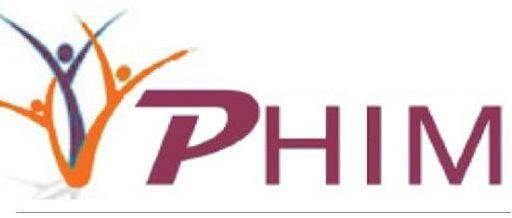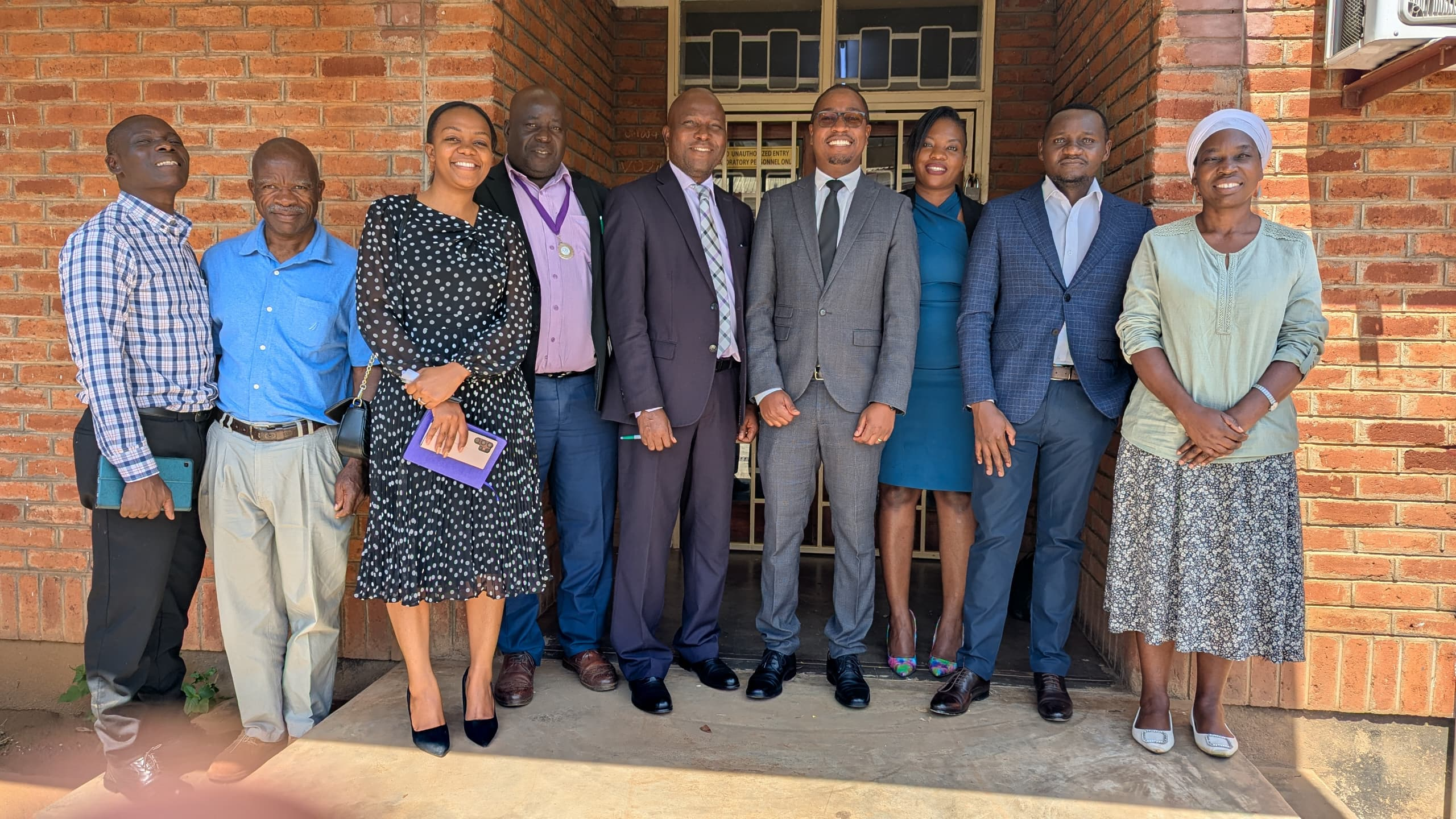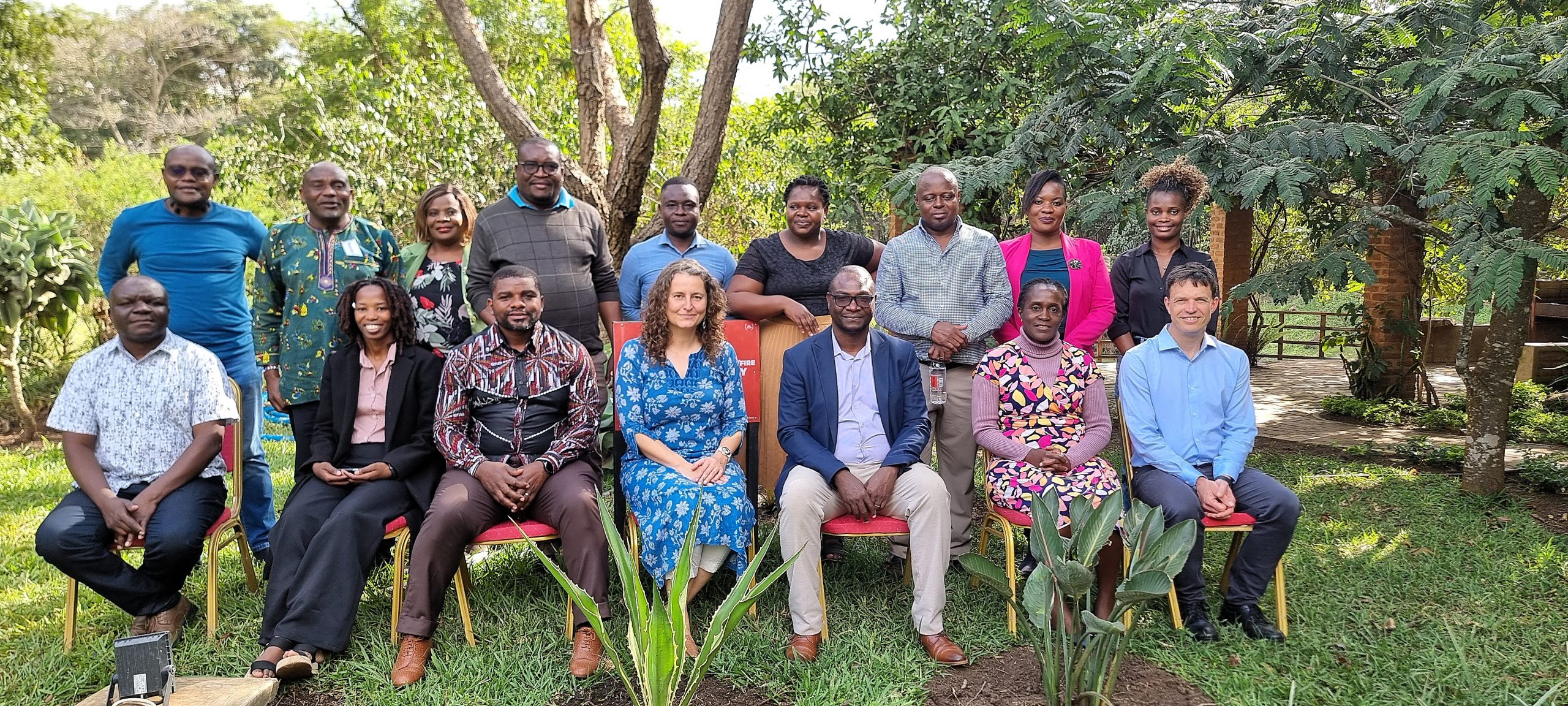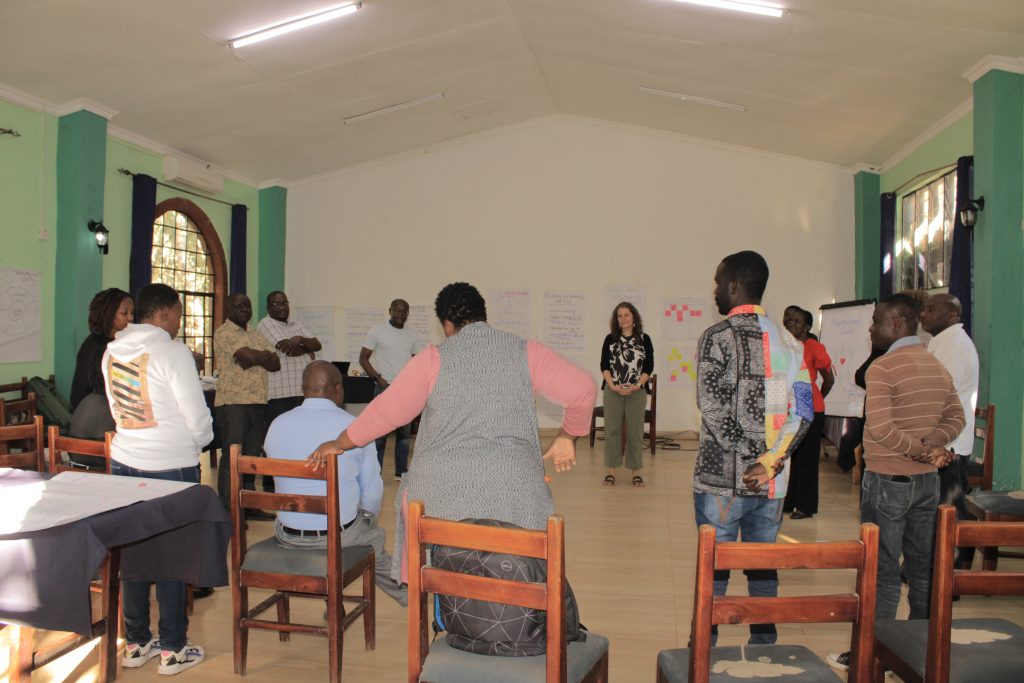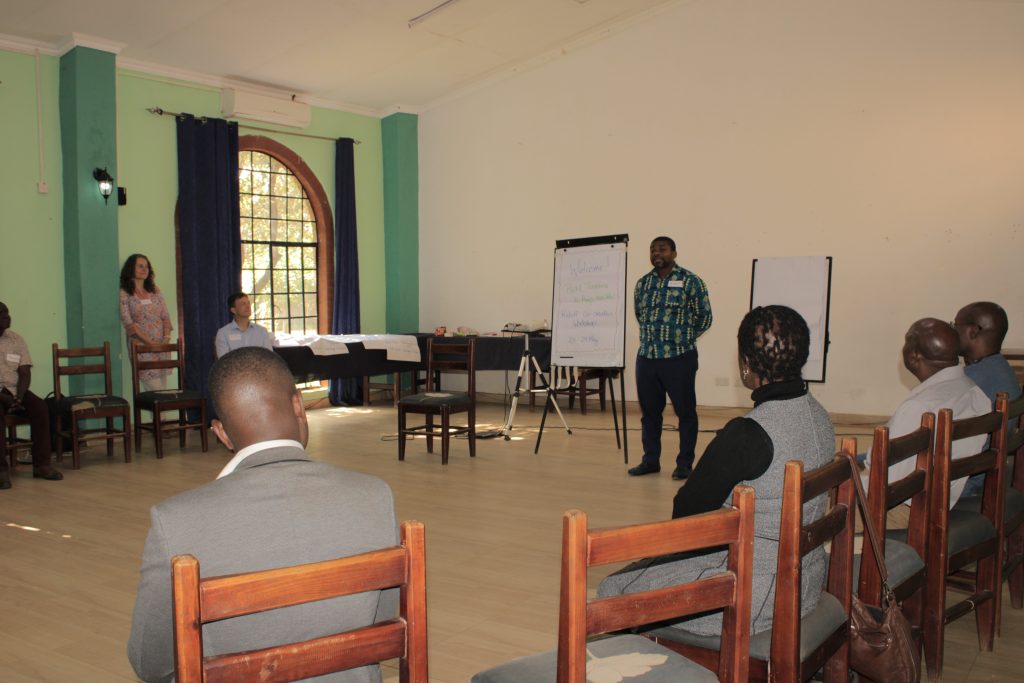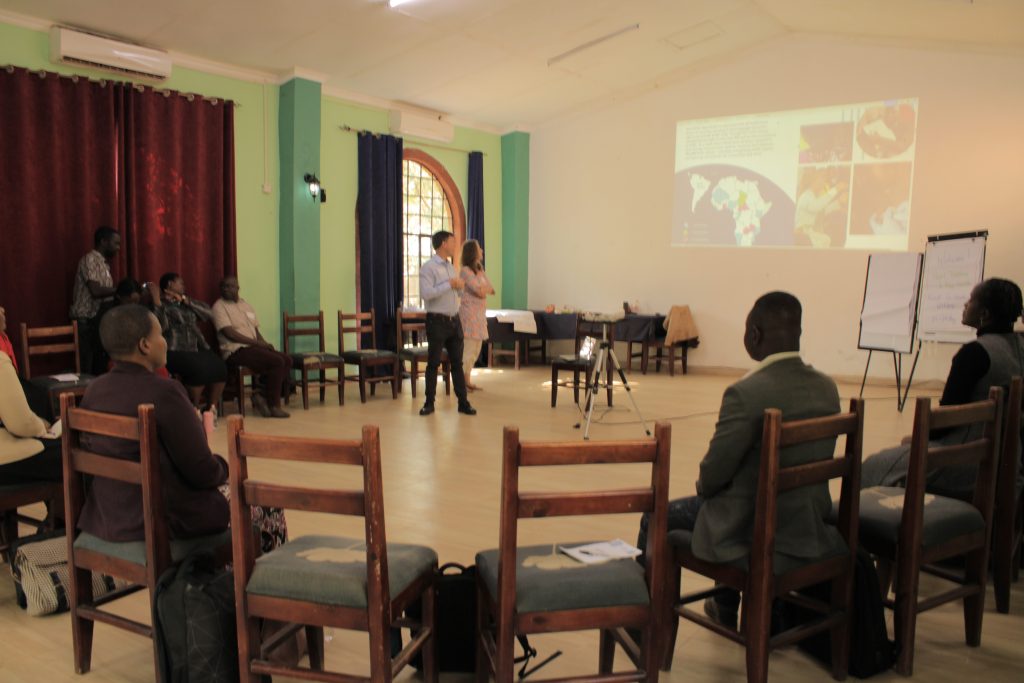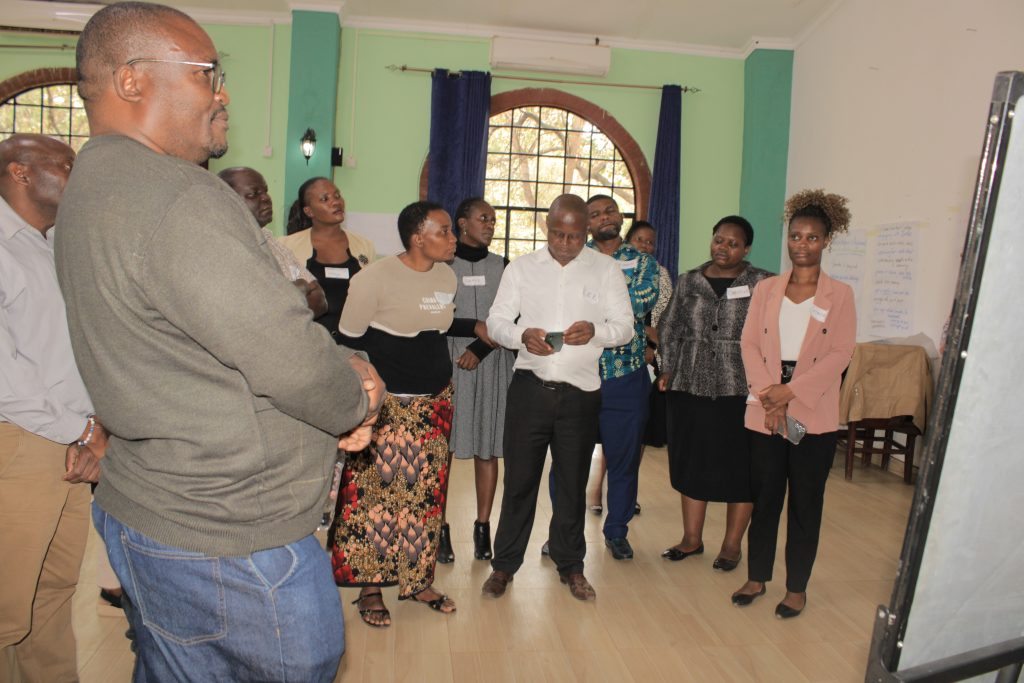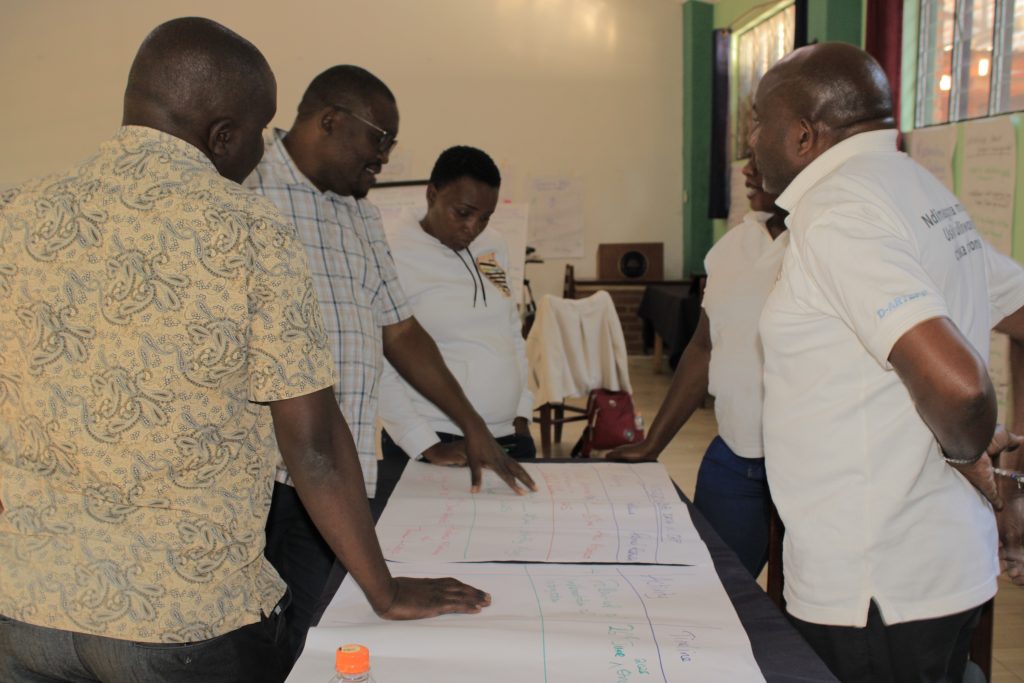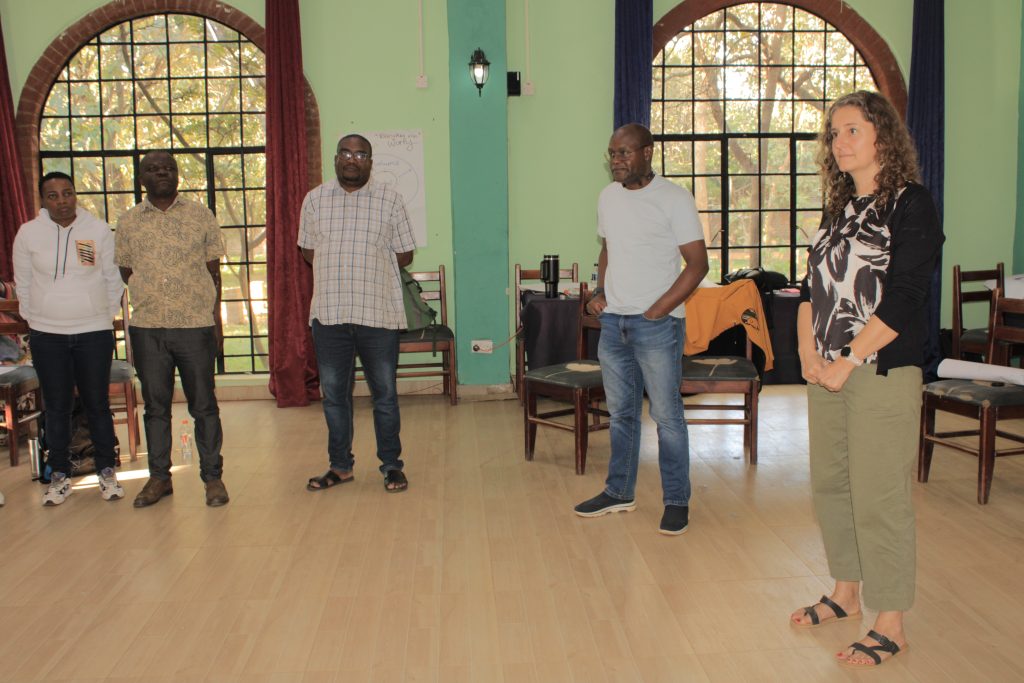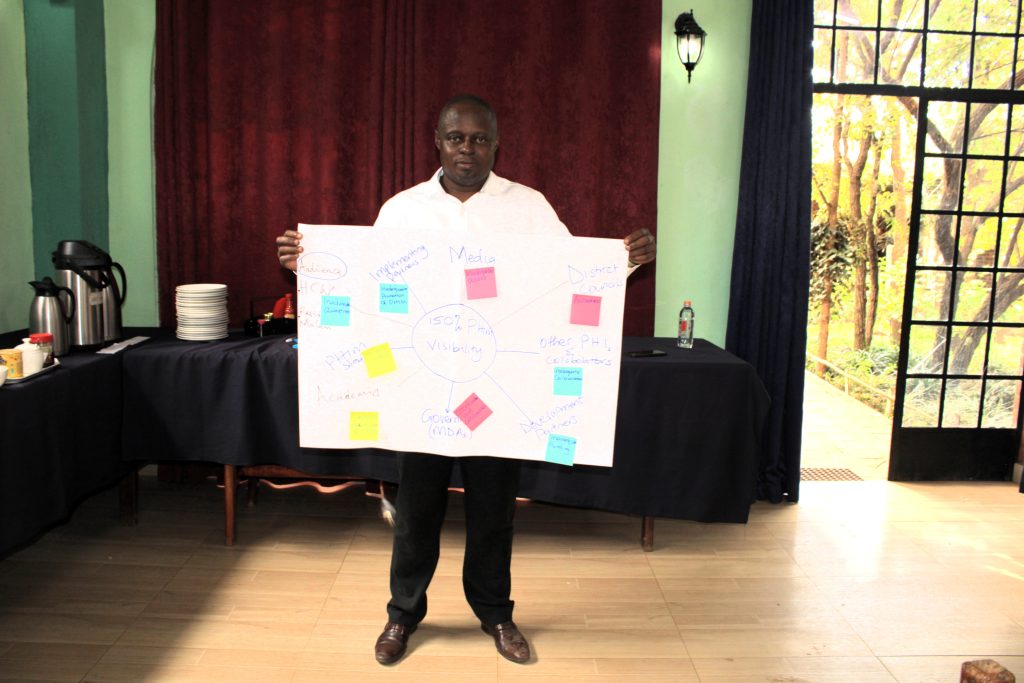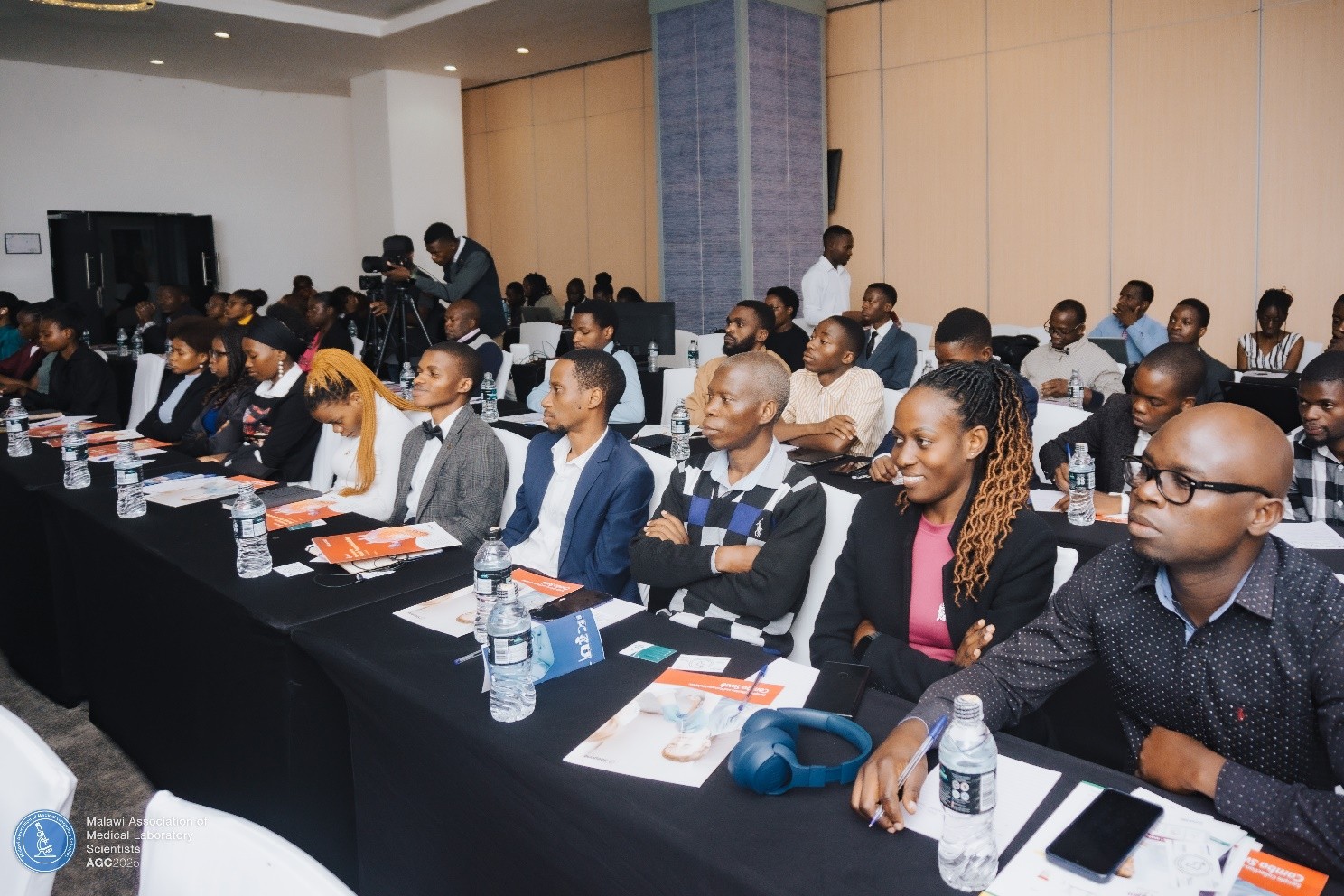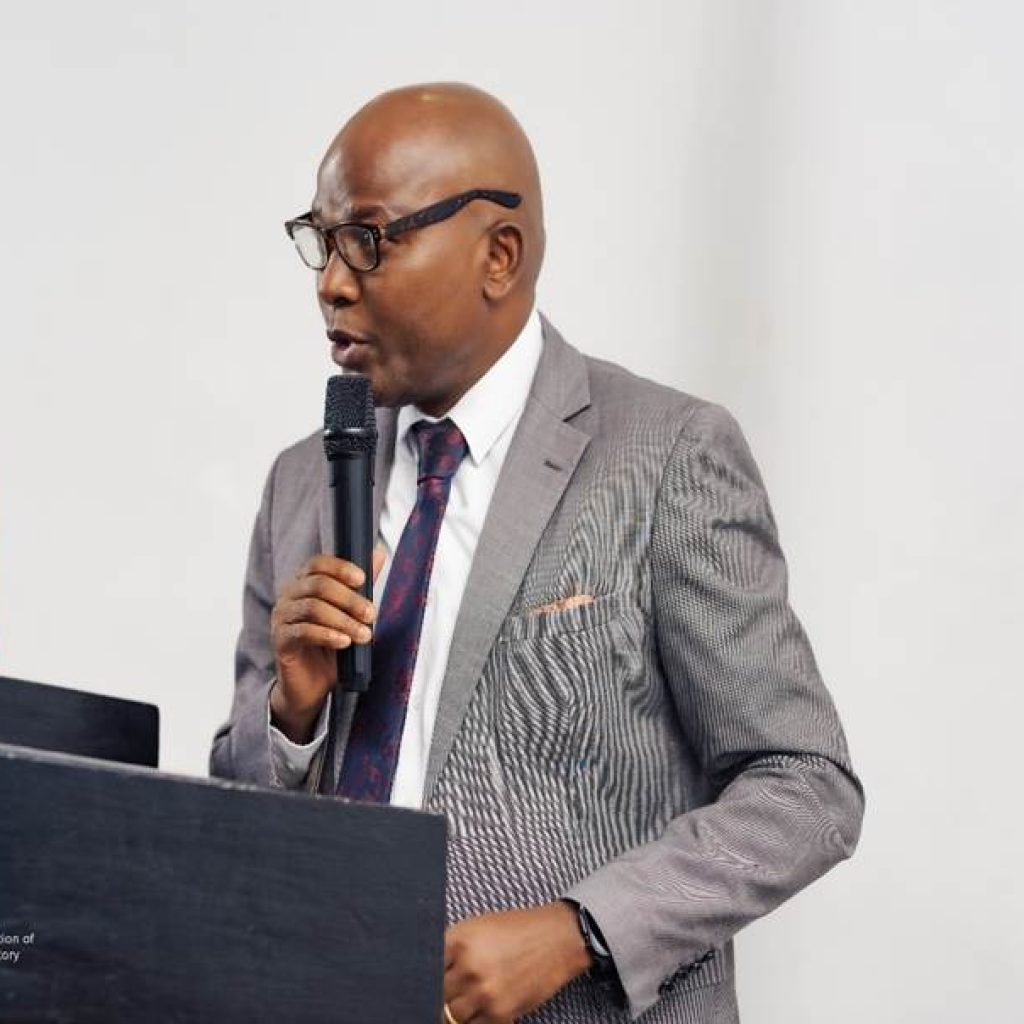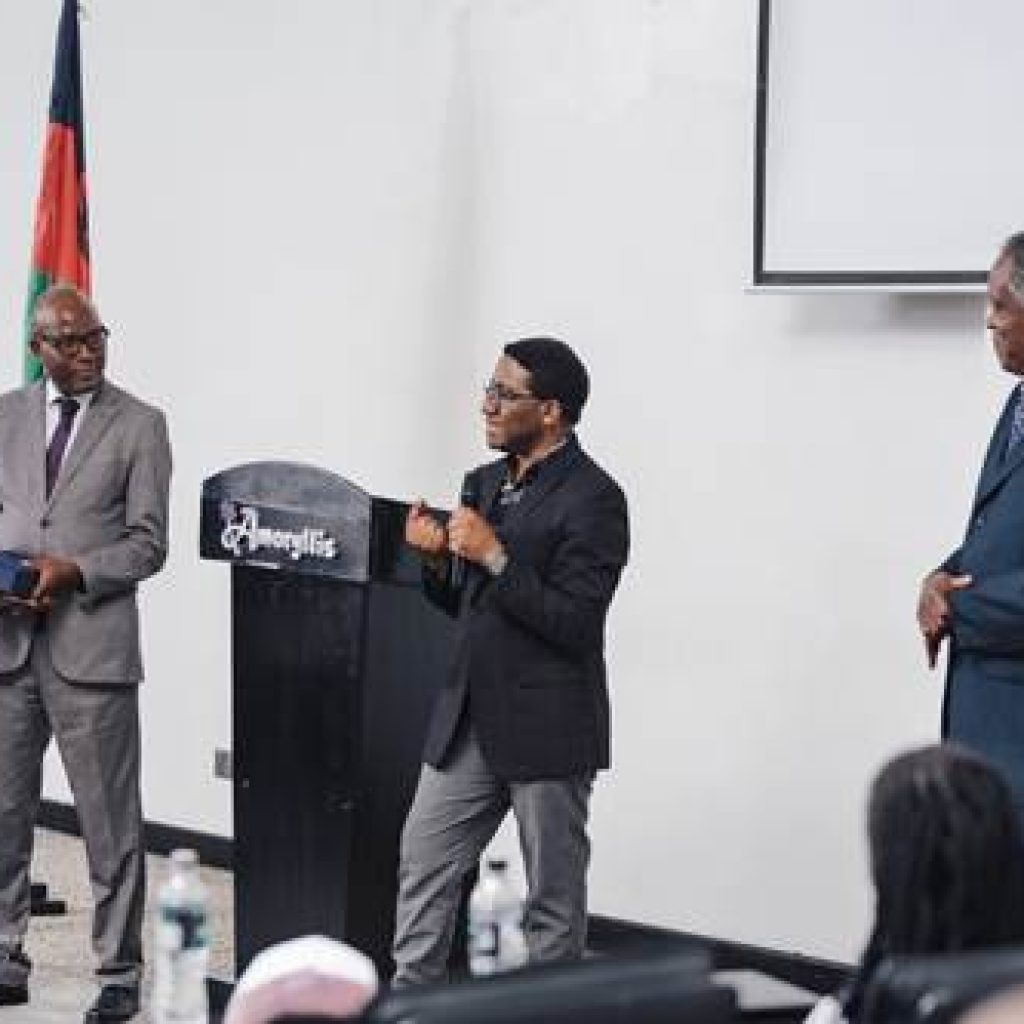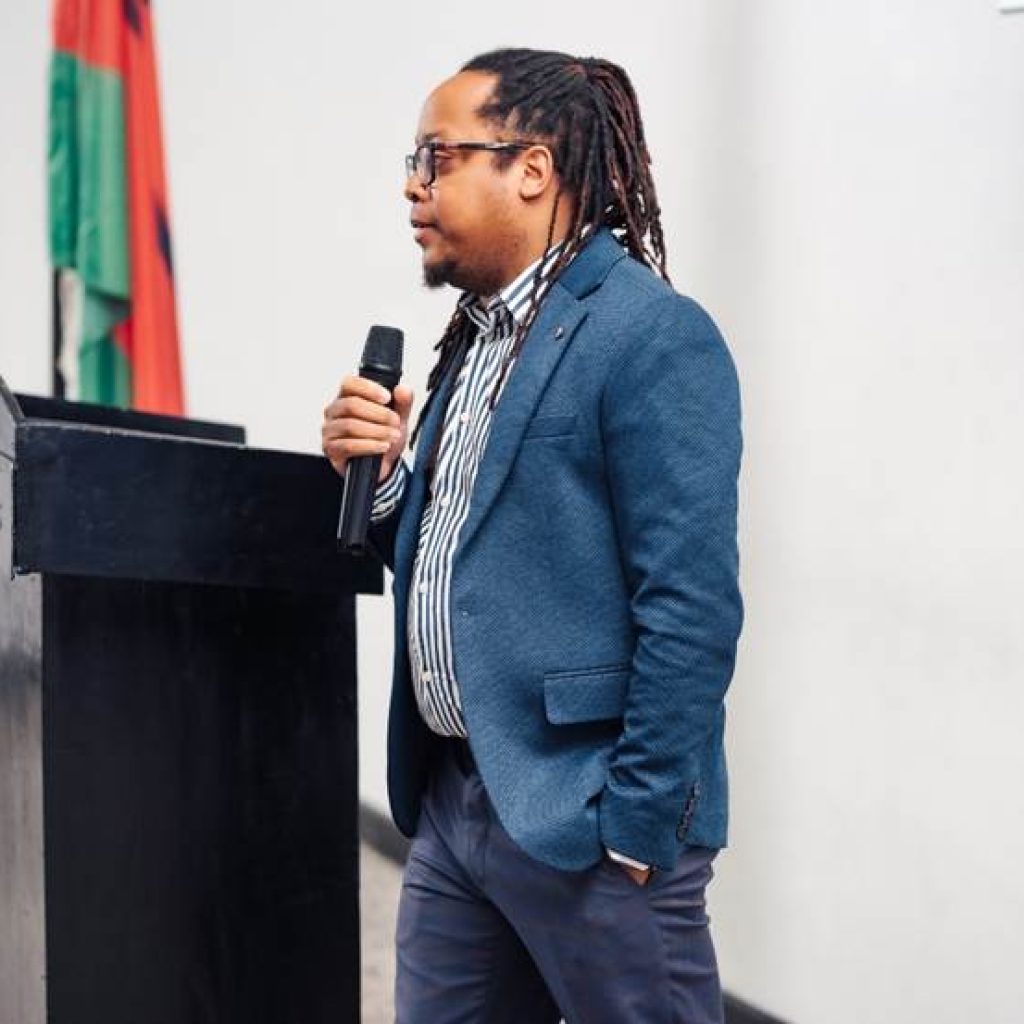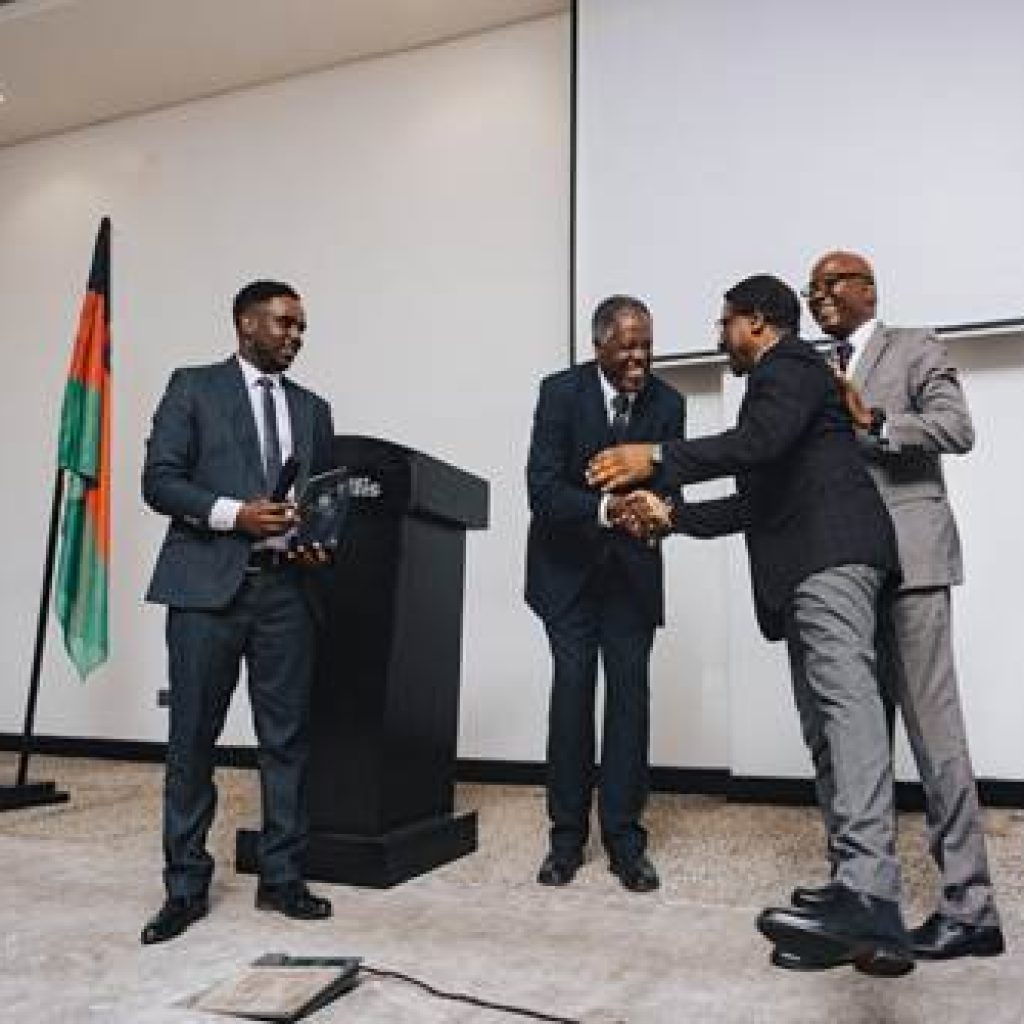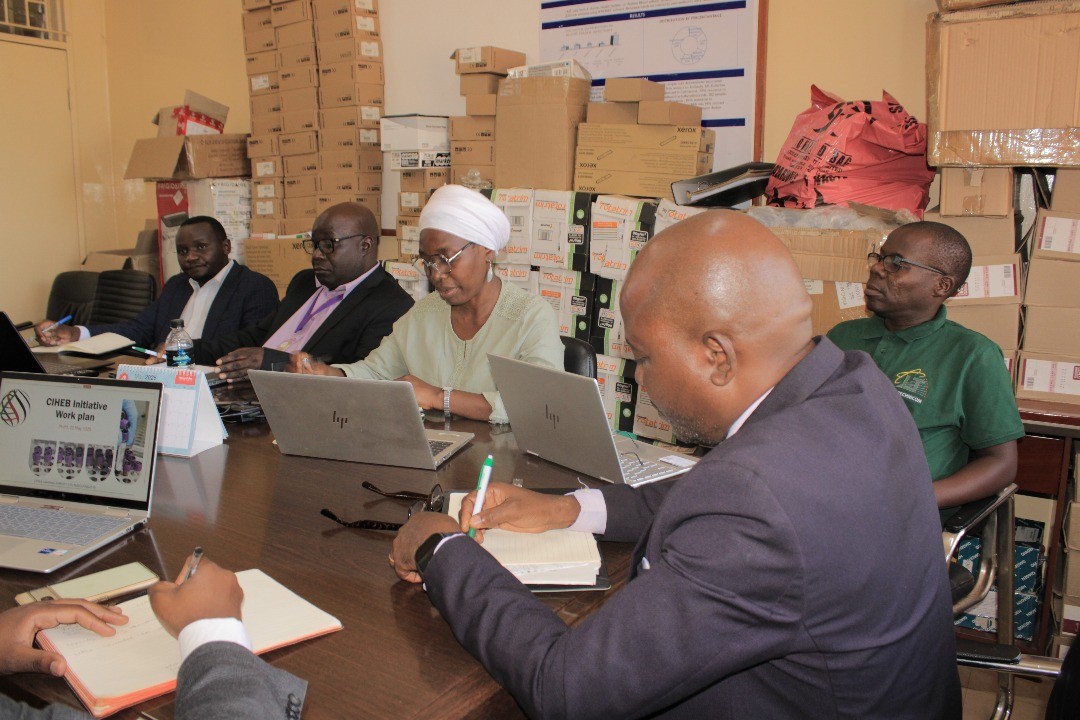
CIHEB – AMPLIFY 2.0.
by
Moses Nyambalo Phiri in collaboration with Happy Abraham Manda and Settie Kanyanda.
Centre for International Health, Education, and Biosecurity (CIHEB), a locally-led organization established in 2023 as a successor to Maryland Global Initiatives Corporation (MGIC) Malawi, recently briefed the National Public Health Laboratory (NPHL) management on its new initiative: Accelerating Malawi’s PEPFAR Laboratory Logistics and Infrastructure for Quality 2.0 (AMPLIFY 2.0). This project is set to significantly enhance Malawi’s diagnostic and treatment monitoring services, biosafety measures, and overall laboratory capabilities.
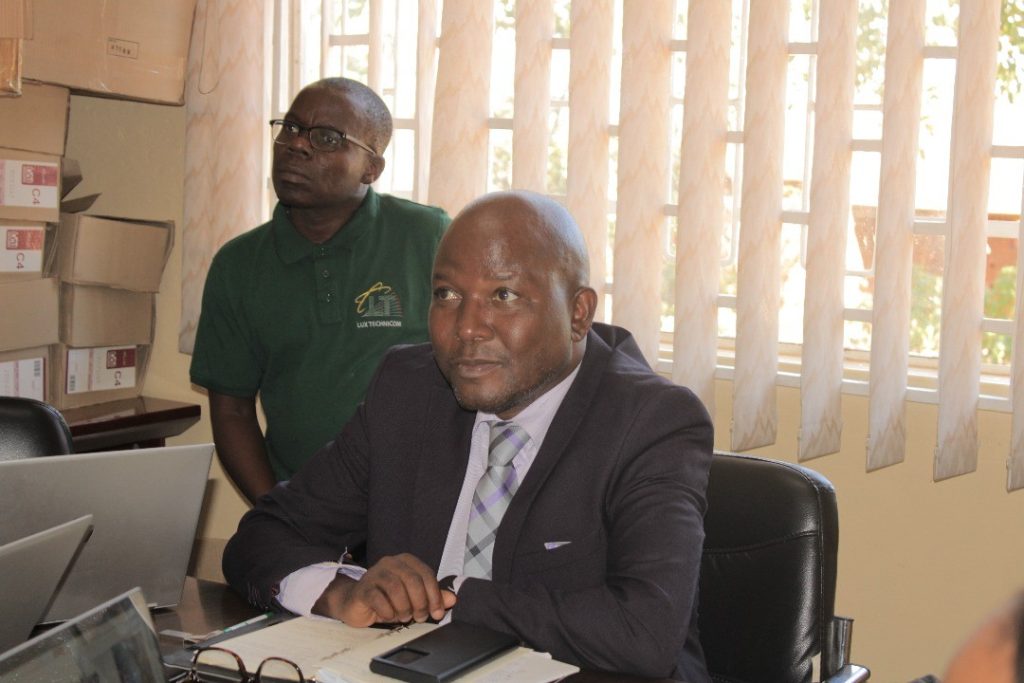
The NPHL, a core pillar of the Public Health Institute of Malawi (PHIM), serves as the national reference laboratory, supporting a vast network of laboratories across the country. It comprises specialized subsections, including Genomic Sequencing, Tuberculosis, Parasitology, HIV, Microbiology, Biochemistry, Haematology, Nutrition, and Viral/Influenza. While the NPHL receives support from various partners, including CIHEB, a key challenge highlighted during the meeting was the lack of adequate space for reference laboratories at PHIM. This concern was voiced by Mr. Joseph Bitilinyu Bangoh, who chaired the meeting, and Dr. Mirriam Nyenje, and echoed by Chiefs Henry Limula, Sheinton Kacheche, Mabvuto Chiwaula, and Dorothy Donata Kalata. Chief Dorothy Kalata specifically advocated for support for the Gene Xpert system and urged CIHEB to incorporate these activities into the project plan.
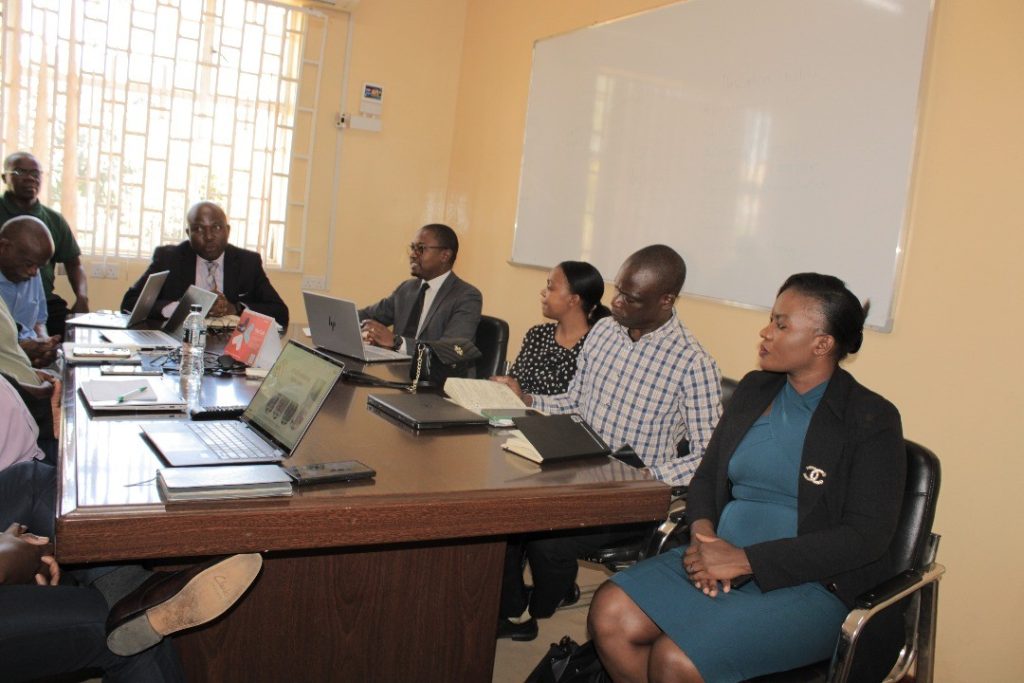
AMPLIFY 2.0: Key Objectives and Proposed Activities
AMPLIFY 2.0 aims to achieve several critical objectives to strengthen Malawi’s public health laboratory system:
a. Scaling Up Multi-Disease and Integrated Diagnosis and Treatment Monitoring Services:
This includes developing and reviewing testing procedures, creating training packages and curricula for ECHO sessions focused on emerging, re-emerging, and priority diseases. CIHEB plans to conduct virtual immersion training for subject matter experts, support laboratories with benchmarking and twinning programs for capacity building, and strengthen the Ministry of Health’s (MOH) ability to coordinate and oversee national diagnostic services. Furthermore, the project will support training for district lab technicians in all aspects of testing and data use, assist in developing Standard Operating Procedures (SOPs) to enhance the proficiency testing (PT) program, and aid PHIM in reviewing and developing method validation/verification procedures. CIHEB will also facilitate the resolution of corrective actions, track validated methods, disseminate results, and collaborate with PHIM QA, HTSS-D, and PAM to develop tools for monitoring method validation/verification, post-market surveillance, and equipment maintenance. The project will also review and disseminate the national quality assurance framework.
b. Strengthening Biosafety, Biosecurity, and Waste Management:
Strengthening MOH Capacity for Coordination and Oversight: This objective focuses on bolstering the MOH’s ability to coordinate and oversee national diagnostic services effectively.
c. Scaling Up Continuous Quality Improvement (CQI) in Laboratories and Point-of-Care Testing (POCT) Services:
CIHEB will support PHIM’s PT program with virtual audit training, conduct national External Quality Assurance (EQA) quarterly review meetings, and enroll laboratories in PT and inter-lab comparisons. The project will also facilitate international training for PT scheme managers for new schemes (e.g., TB culture, CD4, emerging diseases) and support PHIM in HIV RT, Syphilis, and Hepatitis B PT and Quality Control (QC) production. Building local capacity for ePT management is also a key component.
d. Scaling Up POCT CQI:
This involves training HIV Testing Services (HTS) providers on CQI tools and data use to increase the uptake of quality management systems, conducting biannual SPI-RRT audits, and performing SWOT analyses on CQI tool scalability. Additionally, the project will review and disseminate the national certification framework, facilitate a virtual benchmarking meeting with Tanzania on HIV RT CQI and site-level online PT results submission, and build local capacity for SPI-RRT management.
f. Scaling Up ECHO Sessions:
CIHEB will conduct HIV RT ECHO exit assessments, perform desk reviews to identify gaps for ECHO teleconferences, and organize ECHO sessions for HIV RT, EQA, emerging/priority diseases, equipment service, and data use programs. The project will also support the review and development of ECHO curricula for various programs and conduct baseline and exit assessments for new ECHO programs.
g. Strengthening Genomic Sequencing Capacity:
CIHEB will link the Genomic Lab LIMS with Africa CDC NIMS, engage with lab training institutions to update curricula to include genomic sequencing, support bioinformatics training, establish a local equipment calibration center, and conduct engagement meetings with stakeholders on genomics and other services.
h. Establishing a National Accreditation Body:
CIHEB will support the MOH in establishing a national accreditation body through stakeholder engagement meetings.
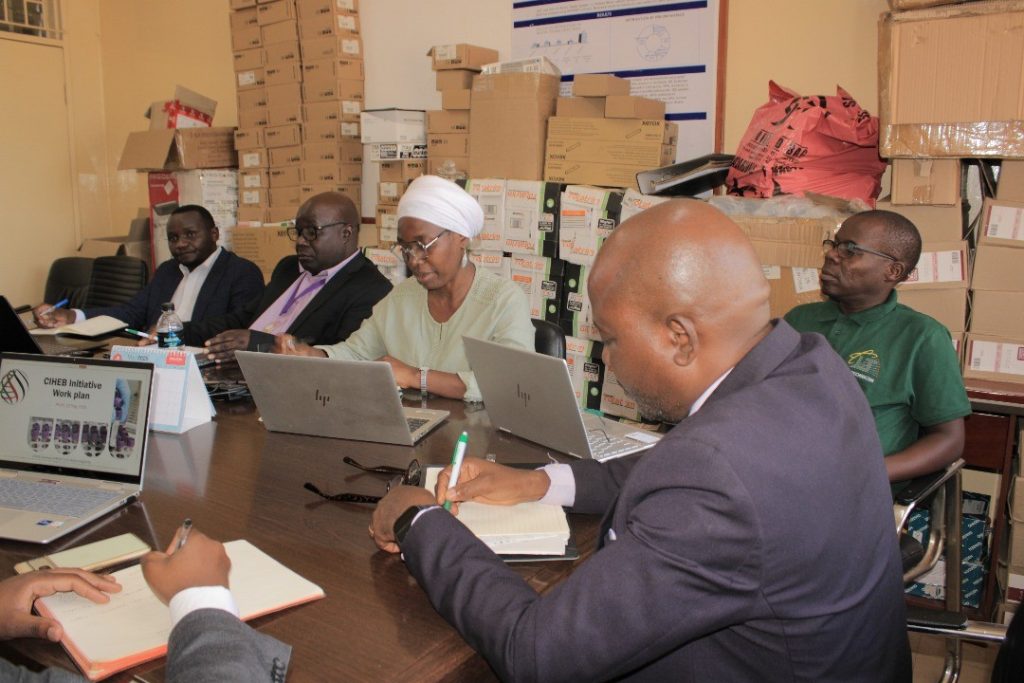
Integrated Activities for CQI and Multi-Disease Services
AMPLIFY 2.0 incorporates several integrated activities to achieve its objectives, including:
District-Level Support: Quarterly supervisions, mentorships, assessments, and review meetings.
National Oversight: Spot check visits on district supervision, mentorship, meetings, training, and assessments, along with national corrective actions on method verification/post-market surveillance.
Data Review: National monthly, quarterly, biannual, and annual data review meetings (virtual and in-person).
Knowledge Sharing: Regional biannual best practices workshops.
Targeted Training: District trainings where applicable.
Virtual Learning: Virtual Immersion ECHO training and IECHO registration for teleconference participants.
Awareness: District Health Management Team (DHMT) sensitization on new ECHO programs.
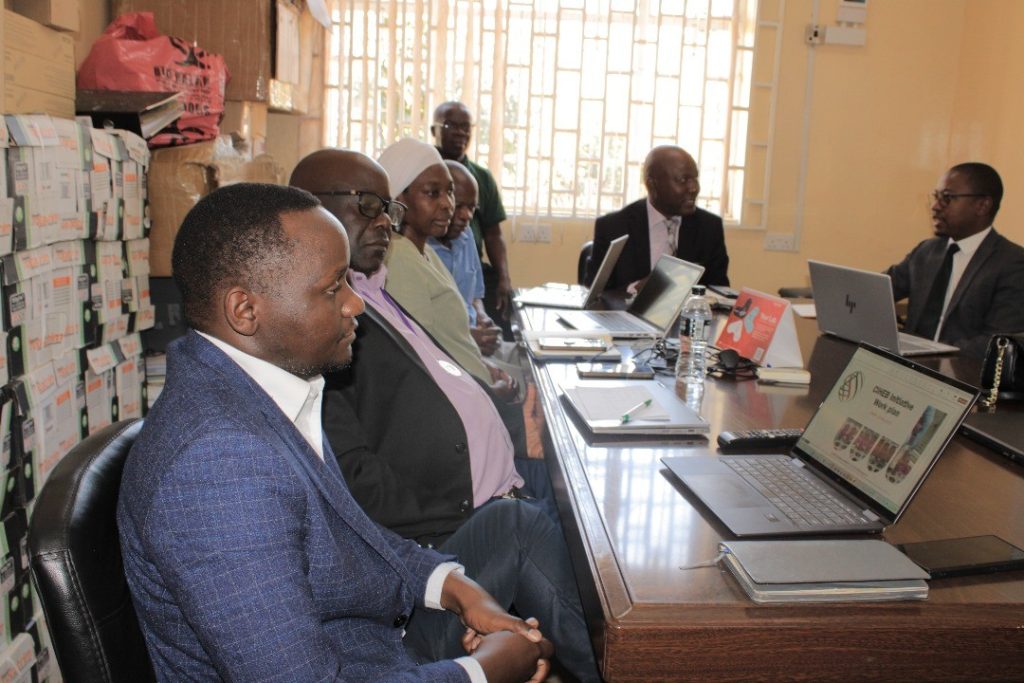
Essential Procurements and PHIM’s Role
To facilitate these activities, CIHEB will procure essential supplies, including materials for 13 local PT schemes’ panels, HIV RT QC production, HIV RRT supplies (e.g., digital timers, thermometers), and chemistry and FBC PT materials. The project will also cover NHLS PT subscriptions, facilitate accreditation of the PT program, and support ECHO, ePT, and SPI-RRT registration, including providing ECHO data bundles and courier services.
CIHEB emphasizes the need for PHIM’s support to successfully implement AMPLIFY 2.0. This includes:
Facilitating CIHEB’s Introduction to Facilities: Ensuring smooth access and collaboration.
Coordination on Activity Implementation: Allowing for simultaneous implementation of project activities.
Identification of Space: Facilitating the identification of space for PT lab renovation or collaboration with other partners on renovations.
Resource Lobbying: Lobbying for resources from the Ministry of Health for sustainable strategies.
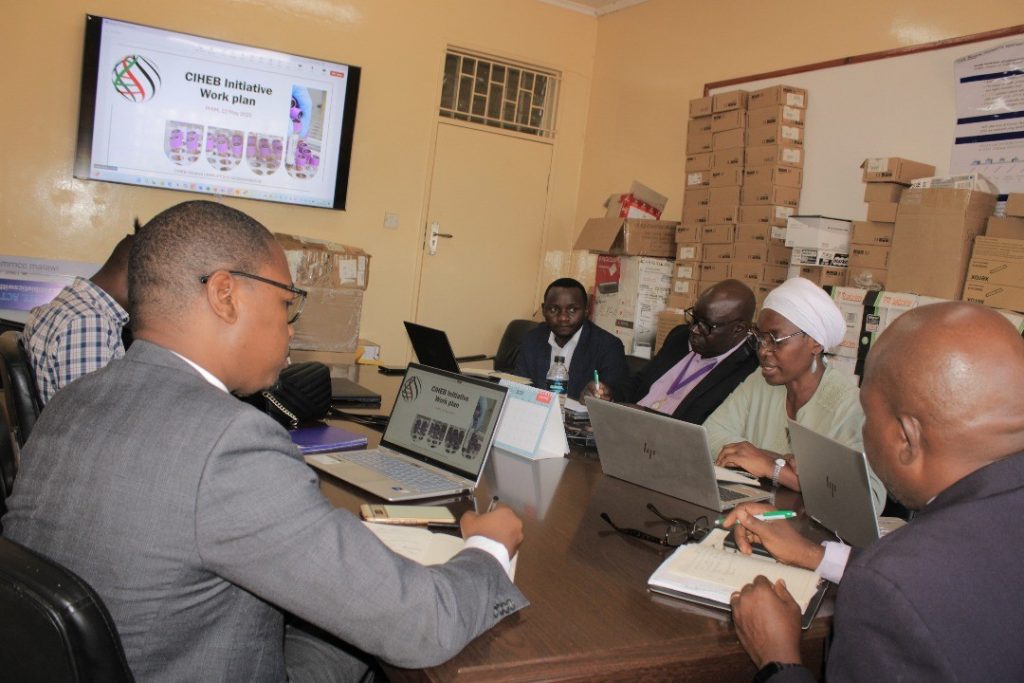
The meeting concluded with Dr. Thokozani Kalua and Dr. Oscar Divala providing further clarifications and presentations on the AMPLIFY 2.0 project and its procurement plans. The collaboration between CIHEB and PHIM is poised to significantly strengthen Malawi’s public health laboratory infrastructure and contribute to improved diagnostic and treatment outcomes across the nation.
